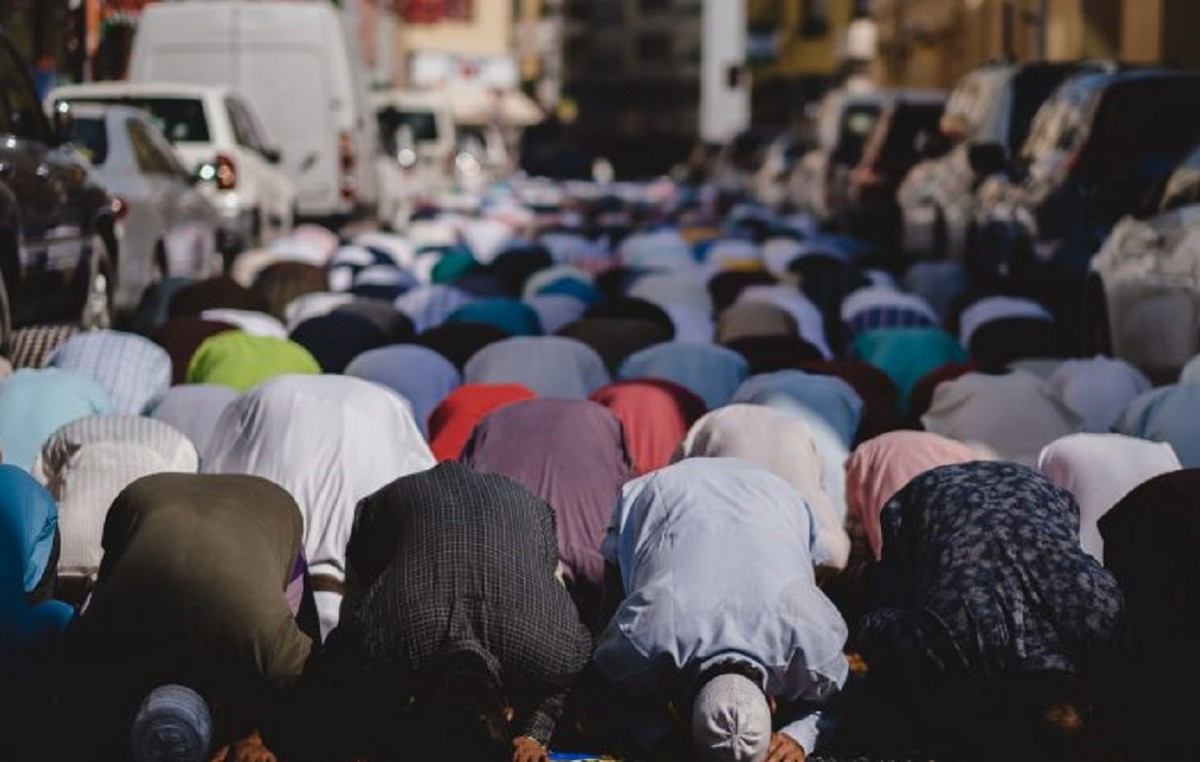Japanese Prime Minister Fumio Kishida said the government will decide on Tuesday when to start discharging treated radioactive water from the Fukushima nuclear power plant into the Pacific Ocean.
Last month, the plan to dump the plant’s treated water cleared the last regulatory hurdle, with approval from the United Nations nuclear regulator.
The International Atomic Energy Agency (IAEA) said the release would have “negligible” environmental effects and is in line with water releases from other nuclear power plants, including in the United States.
Despite assurances of its safety, the prospect of more than a million tons of water being pumped into the Pacific from the nuclear power plant has raised alarm in Japan and neighboring countries.
Local Japanese fishermen’s unions have long opposed the plan. The argument is that the action could undo the damage to reputation, after several countries ban some Japanese food products in fear of radiation.
Neighboring countries have expressed concern about the threat to the environment, and the government in Beijing has emerged as the biggest critic.
China has said it will ban food imports from 10 Japanese prefectures and require strict testing for food from the rest of the country.
In South Korea, fishermen say their livelihoods are at risk and residents hoard food for fear of contamination.
Workers at Seoul’s biggest fish market last week used radiation detectors to test fresh produce at several stalls in a bid to calm worried shoppers.
Understand
The water is used to cool the plant’s reactors, which were deactivated in 2011 after they melted due to the earthquake and tsunami that marked the country that year.
This water becomes radioactive and needs to be stored in tanks. These tanks are reaching the limit of their capacity, so the water must be emptied.
Japan says the water was filtered to remove most of the radioactive elements, except for tritium, an isotope of hydrogen that is difficult to separate from water. The treated water will be diluted with tritium levels well below internationally approved levels before being released into the Pacific.
See also: Understand Japan’s effort to remilitarize the country
(With information from Reuters)
Source: CNN Brasil
Bruce Belcher is a seasoned author with over 5 years of experience in world news. He writes for online news websites and provides in-depth analysis on the world stock market. Bruce is known for his insightful perspectives and commitment to keeping the public informed.







